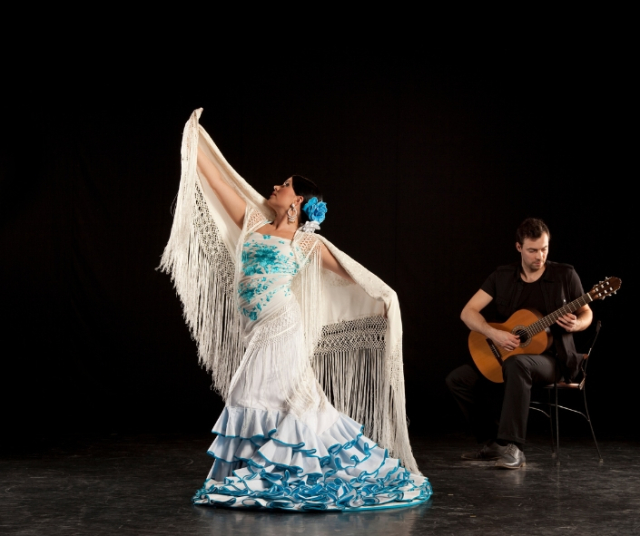International Flamenco Day is an annual celebration that pays homage to one of the most emblematic and exciting artistic expressions in Spain . Known for its vibrant rhythm, energetic dance, and melodic music, flamenco has captured the hearts of people all over the world.
Origin and evolution of Flamenco
Flamenco has its roots in the Andalusia region of southern Spain , where influences from various cultures, including Gypsy, Arab and Jewish, merged. Throughout the centuries, flamenco has evolved and has been enriched with different styles and forms of expression, adapting to social and cultural changes.
Elements of Flamenco
Flamenco is made up of three fundamental elements: cante (singing), toque (guitar) and dancing. Cante is the vocal expression of flamenco, where cantaores (singers) convey their emotions through music and poetry. Toque is the art of playing the flamenco guitar, creating rhythms and melodies that accompany singing and dancing. Flamenco dancing is a physical and emotional manifestation, where the bailaores (dancers) interpret steps and movements with passion and skill.
Cultural significance and international impact
Flamenco has been recognized as an Intangible Cultural Heritage of Humanity by UNESCO , highlighting its cultural importance and contribution to world artistic diversity. The impact of flamenco has spread beyond the borders of Spain, reaching audiences around the world. Festivals, shows and flamenco academies have sprung up in different countries, where this unique art form is valued and taught.
International Flamenco Day celebrations
International Flamenco Day is celebrated every year on November 16, in commemoration of the recognition of flamenco as an Intangible Cultural Heritage of Humanity by UNESCO . During this day, a variety of events and activities take place throughout Spain to celebrate and spread flamenco. Flamenco festivals, concerts, dance performances and artistic exhibitions are just some of the ways in which this special date is celebrated.
Featured Flamenco Festivals
Spain is home to some of the most important flamenco festivals in the world. The Jerez de la Frontera Flamenco Festival , the Cante de las Minas Festival in La Unión, and Seville's Bienal de Flamenco are just a few examples of prominent events that attract artists and fans from around the world. These festivals offer a unique opportunity to witness performances by renowned singers, guitarists and dancers, and immerse yourself in the passionate and vibrant atmosphere of flamenco.
Flamenco schools and academies
International Flamenco Day is also an occasion to recognize and celebrate the role of flamenco schools and academies. These institutions play a crucial role in the preservation and dissemination of this art form, transmitting techniques and knowledge to the new generations of dancers, singers and guitarists. Flamenco schools in Spain offer specialized training programs and courses for those who want to explore and develop their passion for flamenco.
Cultural and tourist impact
Flamenco has had a significant impact on the culture and tourism of Spain. Many visitors from all over the world flock to Spain to experience authentic flamenco in its place of origin. Peñas flamencas, associations and tablaos (venues dedicated to the presentation of flamenco shows) are popular destinations for lovers of this art form, offering the opportunity to enjoy live performances and immerse yourself in the unique atmosphere of flamenco.
